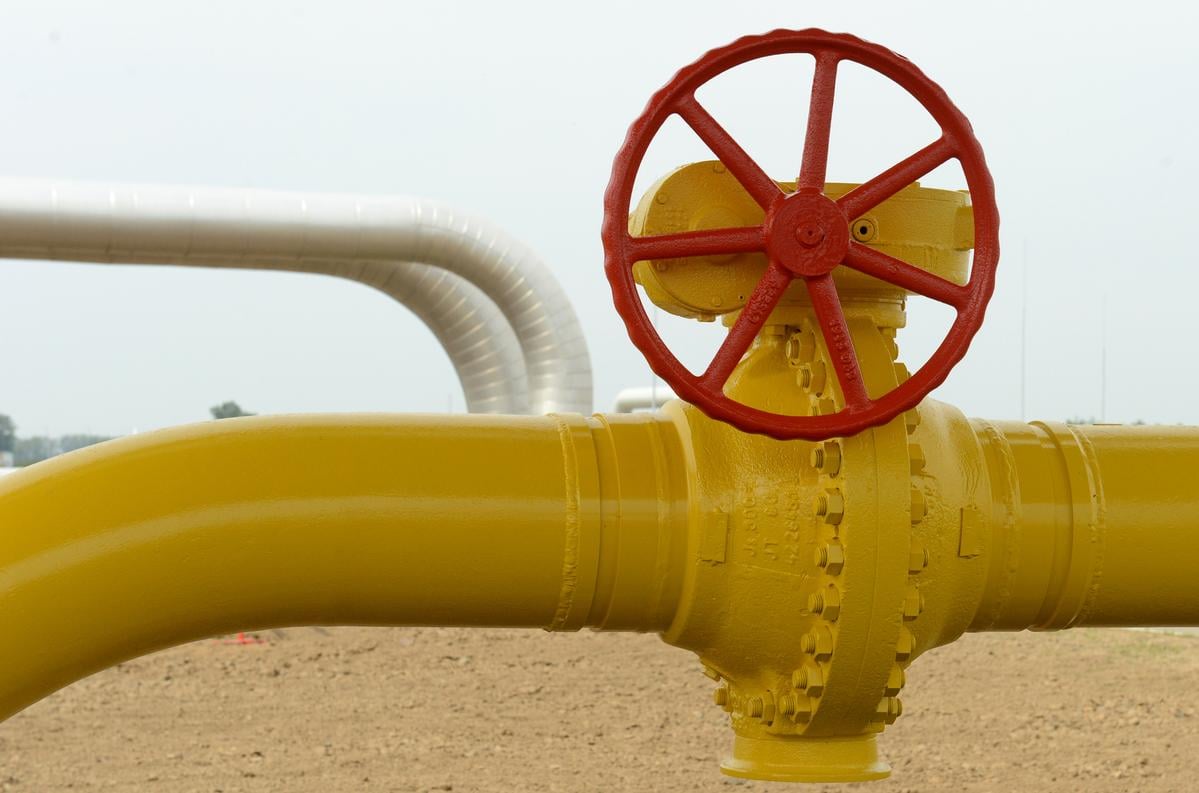Slovak households will not face increased gas and heating bills next year, as the government has approved energy subsidies.
“The price of gas and heating will not go up. It will remain at the 2024 level,” Prime Minister Robert Fico (Smer) announced following Friday’s cabinet meeting, as quoted by the SITA news agency.
According to the Regulatory Office for Network Industries (ÚRSO), gas prices for Slovak households were initially expected to rise in 2025, with monthly increases ranging from €0.96 to €28.63. Heating costs vary across Slovak regions, and ÚRSO had predicted that some households would see reductions in heating bills in 2025. On average, households were expected to pay approximately €936 annually for heating next year. However, subsidised gas and heating prices will now apply to everyone, including apartment blocks and vulnerable consumers such as social service facilities and children’s homes. In 2025, heating prices will remain at 2023 levels or be capped at a maximum of €199 per megawatt-hour, including VAT. Meanwhile, electricity prices for households will decrease slightly next year due to the capped rate of €61 per megawatt-hour for electricity supplied by Slovenské Elektrárne.
A total of €235 million will be allocated from the state budget to subsidise gas and heating prices. Economy Minister Denisa Saková (Hlas) explained that the initial plan was to allocate €308 million for energy aid in 2025. However, the ministry excluded the state-owned MH Teplárenský Holding from the subsidy scheme. The holding will not seek compensation from the state but will maintain prices at this year’s level, covering the difference from its own resources. As a result, customers of six major heating companies in Bratislava, Košice, Martin, Zvolen, Trnava, and Žilina will pay the same for heating as they did this year.
Saková also noted that support measures would be introduced in 2026.
Russian gas via Ukraine
Meanwhile, the prime minister warned of a possible halt in Russian gas transit through Ukraine to Slovakia and further west at the start of the new year. Fico said that intensive negotiations on the issue were planned.
“We are preparing to hold very intensive discussions at various levels and with different countries. Our goal is to maintain gas transit through Slovakia and Ukraine,” Fico stated last week.
On Monday evening (December 16), Fico should discuss the issue of gas transit to Slovakia via Ukraine with Ukrainian Prime Minister Denys Shmyhal.
At present, most of Slovakia’s gas arrives via Ukraine, but the transit agreement between Kyiv and Moscow is due to expire this year. No solution has yet been found for the continuation of Russian gas transport to Europe in 2024. Industry insiders have speculated that Ukraine might agree to extend the transit agreement at the last minute.
“Many major players in the gas trade are betting on this possibility,” an unnamed manager told the daily Denník N.
A similar last-minute agreement on gas transit was reached in December 2019, although at that time Ukraine and Russia were not engaged in full-scale war, the daily noted. The deal was signed late on December 30.
Even in the event of a temporary interruption in gas supplies from the east, Slovakia has sufficient reserves, Fico assured. Recently, Saková and the head of Slovenský Plynárenský Priemysel (SPP), Slovakia’s largest energy supplier, held discussions with Gazprom in St Petersburg, though the results of these talks have not been disclosed.



 An illustrative image (source: František Iván - TASR)
An illustrative image (source: František Iván - TASR)